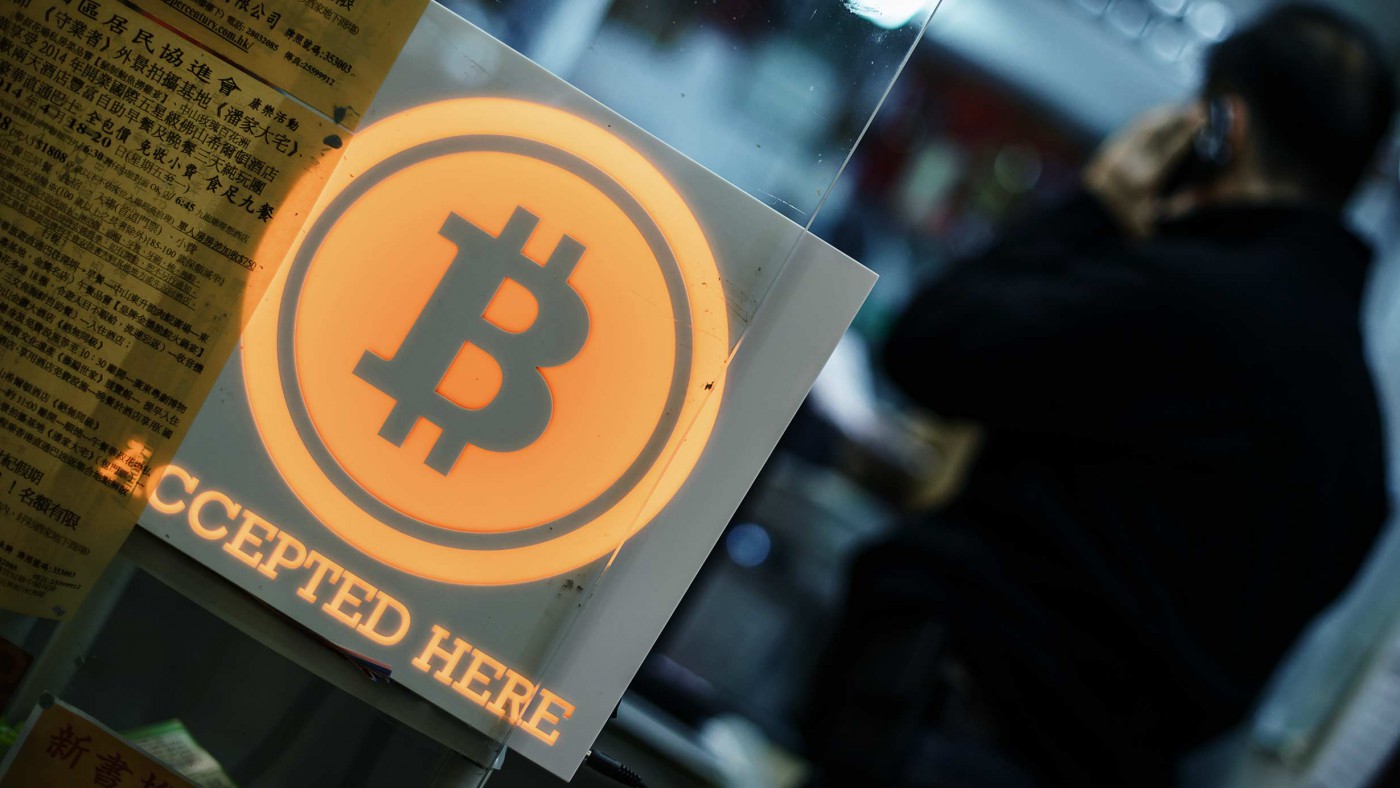It says a lot about the power China wields in our global economy that the West has gone into mild panic at the prospect of China’s growth slowing down. Whilst many countries in the EU are still fighting the reality of recession, the idea of growth, even if it’s slowing, is but a mere pipedream.
China’s exports have fallen 8% and the Yuan continues to fall in an attempt to halt that – though the CPC assures us this won’t be for long of course.
Having worked in China for many years, I have first-hand experience of their industriousness and their hunger to be the best at whatever they do. Our Oxfordshire based entrepreneurial skills company, LEO, has a huge user base in China with many small business owners seeking to expand their enterprises.
Indeed part of the reason we founded LEOcoin last year, a new digital currency (currently the world’s third largest), is because I was so inspired by Chinese entrepreneurs and their drive to trade. It seemed to me, and still does, that there were millions of businesses calling out for tradable liquidity that wasn’t subject to the whims of government or a central bank.
Digital currency offers an opportunity for instant international, secure, private trading outside of punitive international charges and regulation. As an economy stagnates there is nothing more important to a business than the ability to keep trading, that’s how you keep an economy moving.
Could digital cash help a business during an economic slowdown/recession, could that in itself help shorten the downturn by keeping the economy moving? Perhaps not such an outlandish idea.
Digital currencies like ours and Bitcoin, for example, are already seeing an increase in trades in light of the falling Yuan, Greece has seen similar activity. In fact the idea of a more formal adoption of digital currency in Greece was an idea put forward by none other than their (now former) finance minister, Yanis Varoufakis. What you might not know about Mr Varoufakis is that he is an economist in his own right, with some interesting ideas on digital currency. Varoufakis proposed an idea where the Greek government could issue its own digital currency to provide solvent Greek businesses with liquidity, the trade up being businesses buy the tender off government in exchange for a future discount on taxes.
His proposition is interesting not least of all because not only does it fly in the face of current fiat economics, it also flies in the face of the main reason people use digital currencies in the first place – namely that they are not government tender.
That said, it is an interesting idea to play with. Could digital currency be a vital key to unlock growth for businesses, an avenue for them to keep trading with other businesses both at home and abroad as the state crumbles around them? For businesses and entrepreneurs it is the ‘access to cash’ during a crisis that could be the vital life line to recovery. The fact that a digital currency is ‘stateless’ could be the key factor allowing a business to keep trading without the need to interact with government or a bank even – perhaps this is why we have so many users in China?
People are looking to currencies whose value lies with the community who use it, rather than a nation state; and that needs to be the long-term vision for digital currency.


